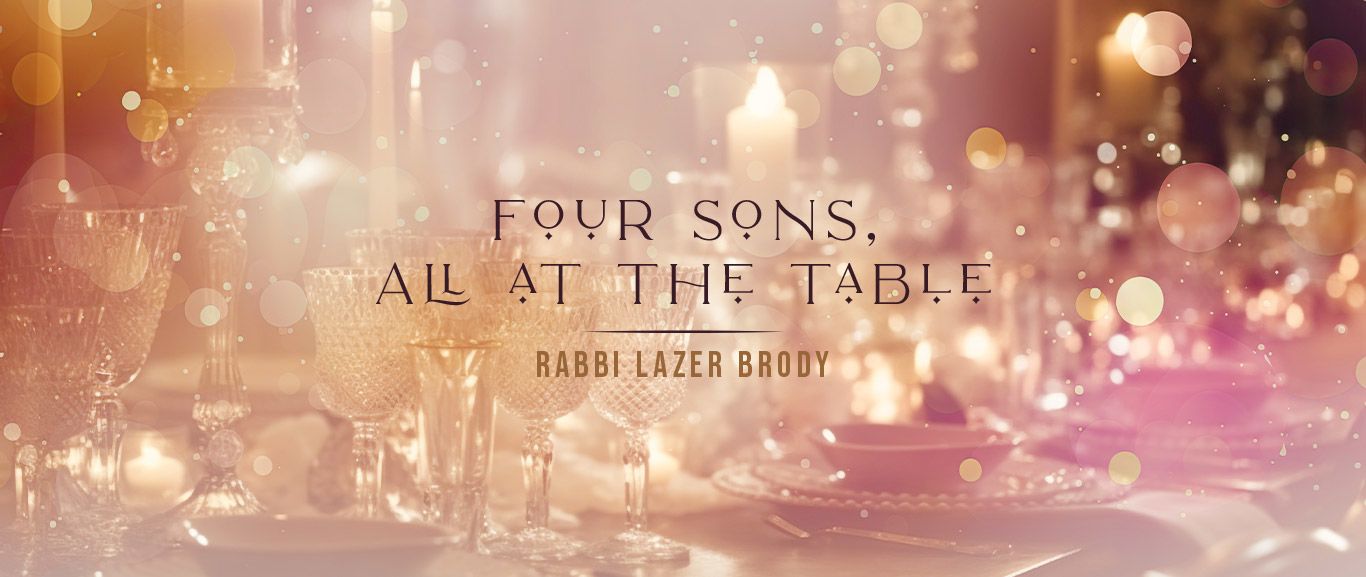
Four Sons, All at the Table
The Haggadah says, “The Torah speaks of four sons: Wise, wicked, simple, and does not know how to ask.” All four are at their father’s Seder table – no one is excluded.

At the time, I was ten or eleven years old. It was the first day of Passover, and I was in the local Conservative synagogue with my father for Passover services. “Pop” was by no means religious, for his father had already left the fold of observant Judaism when he left the pogroms of Ukraine for Canada, but he had a really warm Jewish soul. He loved every Jew, respected Torah scholars, and was constantly giving charity. He had the burly exterior of a kid who grew up on the tough side of town and of a World War II veteran, but underneath it, he had the softest heart in the world. Seeing a sick baby would bring tears to his eyes. Seeing a poor person would break his heart. But hearing anyone badmouth Jews would make his blood boil.
Two men sitting behind us were having difficulty in curbing their tongues during the Torah reading. As our sages say, one transgression leads to another. Their chatter was grievous enough, for a person is not even allowed to discuss Torah or religious law during the Torah reading. To add insult to injury, they were violating the laws of wholesome speech in the worst way, slandering entire groups of Jews.
The man wearing the ridiculous toupee said, “I can’t stand the Orthodox; they’re a bunch of intolerant fanatics who think they’re better than everyone else.” The man had a twitch in his neck, and every time he twitched, his toupee would become crooked. He had to straighten it out about three or four times a minute. It made me giggle, but Pop was not sharing my amusement. I could see a vein begin to bulge in his forehead – that was bad news…
Mr. Toupee’s pal, the man wearing the green sharkskin suit (I once saw a picture of James Brown, the 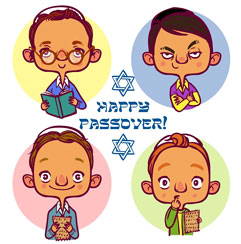 daddy of Motown soul music, wearing the same suit on stage), said, “The Orthodox don’t bother me so much. They’re only a couple of them in town anyway and they barely have a minyan. It’s the Reform that get on my nerves. Where do they get the right to rip Judaism apart?” Meanwhile, Mr. Sharkskin, in his supreme holiness would not stop gaping at the peroxide blond wearing a tight skirt and a low-cut blouse that he was sitting next to.
daddy of Motown soul music, wearing the same suit on stage), said, “The Orthodox don’t bother me so much. They’re only a couple of them in town anyway and they barely have a minyan. It’s the Reform that get on my nerves. Where do they get the right to rip Judaism apart?” Meanwhile, Mr. Sharkskin, in his supreme holiness would not stop gaping at the peroxide blond wearing a tight skirt and a low-cut blouse that he was sitting next to.
Mr. Toupee continued his tirade, dissecting the Orthodox like a frog in the Biology 201 lab: “The Litvaks are snobs, the Chassidim haven’t come out of the dark ages, the Romanians are crooks, the Pollacks are crude, and the Sephardim, well, they’re nothing but…”
Sharkskin cut off Toupee and said, “…none of them are as bad as all those loud-mouth New Yorkers…”
By this time, the rabbi was whispering, “Shhhhhh”, trying to get these two to be quiet. The cantor, one of my favorite people who was a Holocaust survivor from Lithuania, stopped reading the Torah because he simply couldn’t raise his voice above the din of the chatterers.
Pop’s blood had reached its boiling point. I knew that neither the rabbi, the cantor, nor the synagogue officials would have to do any policing, because Pop was now taking the matters in his own hands.
Pop leaned forward in his chair and with a forceful whisper that he hissed through his clenched teeth, said, “You two blabbermouths are worse than Hitler. He didn’t discriminate between Jews. They all burned together in the same ovens. So what do you think – every Jew in the world is messed up except you two?”
I know that they were dying to answer Pop; but, they took one look at the fire in his eyes and the conviction in his jaw, and they decided that it’s much more advisable to avoid messing around with this guy. They got up and huffed out of the synagogue. Nobody but me and maybe the peroxide blond could overhear what Pop said, but the whole congregation was relieved when these two nuisances left. The rabbi smiled and the cantor carried on with the Torah reading.
My Pop taught me two major lessons in life: love every human being-especially your fellow Jew, and give all the charity you can. These were the two guidelines of his life.
Thanks to what I learned from Pop, the Haggadah takes on a much deeper, profound and very relevant meaning that we must learn and internalize.
When speaking of the Four Sons, the Haggadah says, “The Torah speaks of four sons: One is wise, one is wicked, one is simple and one does not know how to ask.”
Notice that all four are participating in their father’s Passover Seder table. None of them have been chased away, not even the evil one. The father obviously knows what Rebbe Nachman of Breslev teaches, namely, that there is no despair in the world. He answers each son according to each one’s individual level. He knows that with love, acceptance, and understanding, they’ll all return to Hashem; it’s just a matter of time – not if, but when. Ultimately, Hashem will return all His lost sons to Him (see Samuel II, 14:14). So, if we upset Hashem by talking derogatorily about his lost sons, we certainly are doing the wrong thing by saying a bad word about the ones who faithfully do His will.
Cleanup starts in our own domain, both physical and spiritual.
Blessings for a most lovely and meaningful Passover!


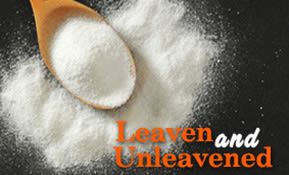
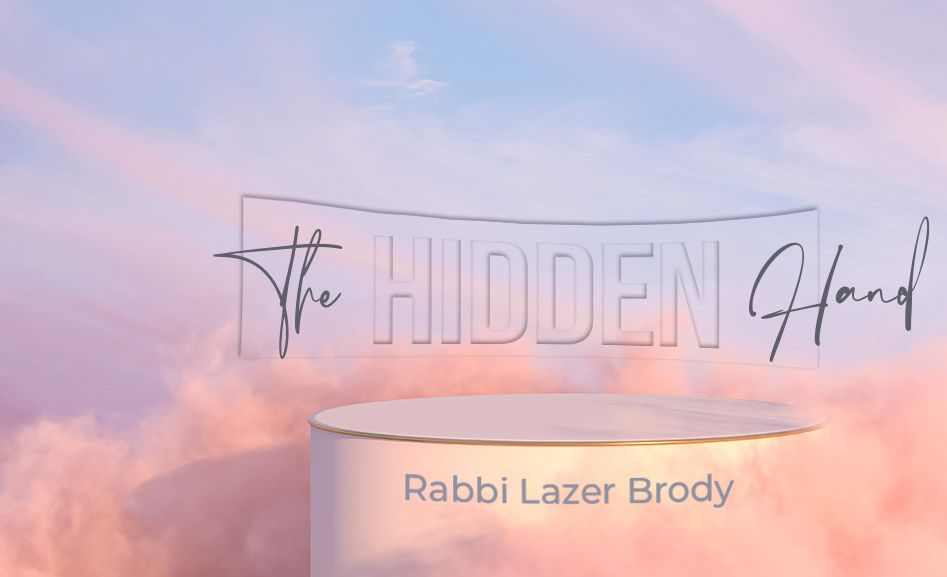
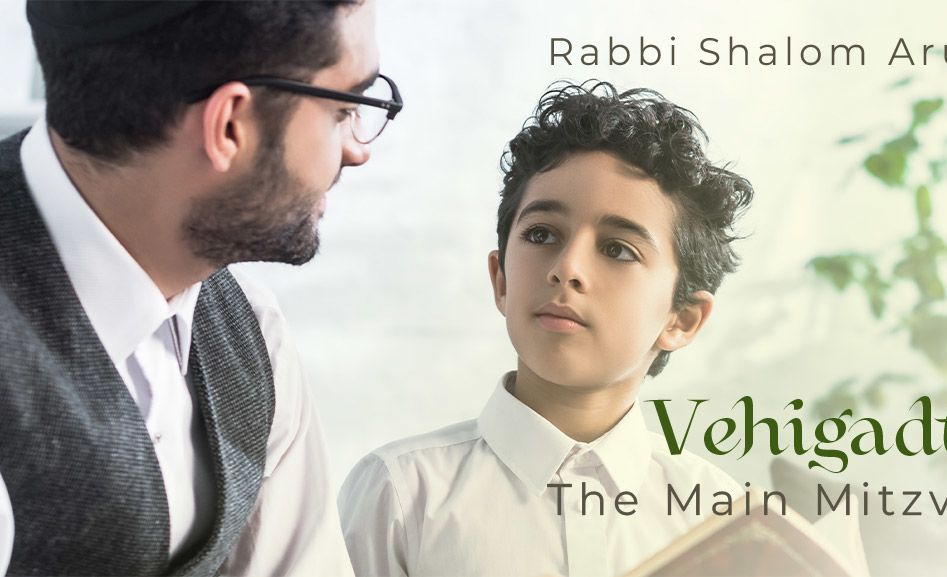
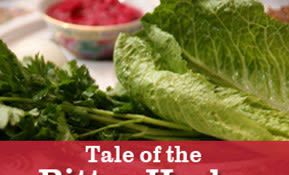
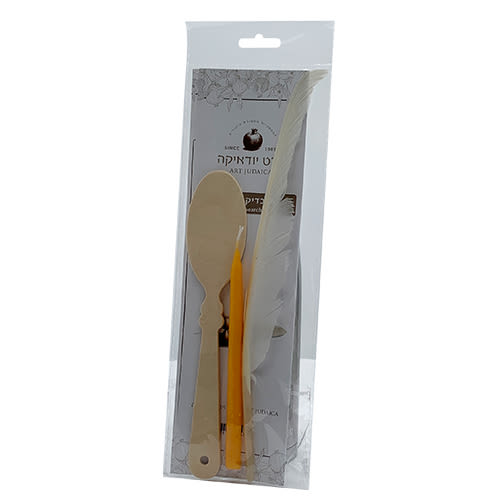
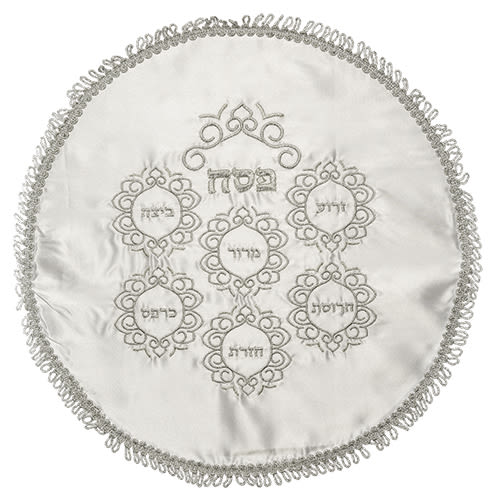
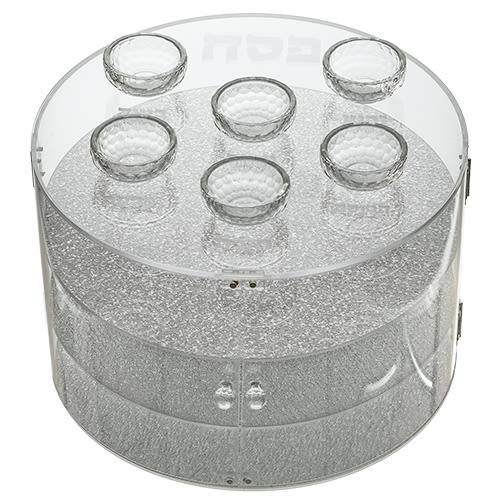
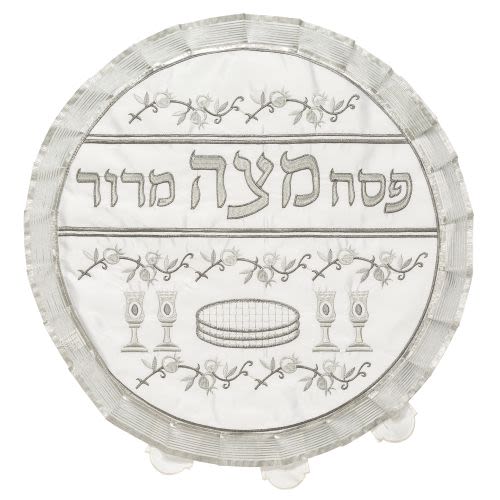
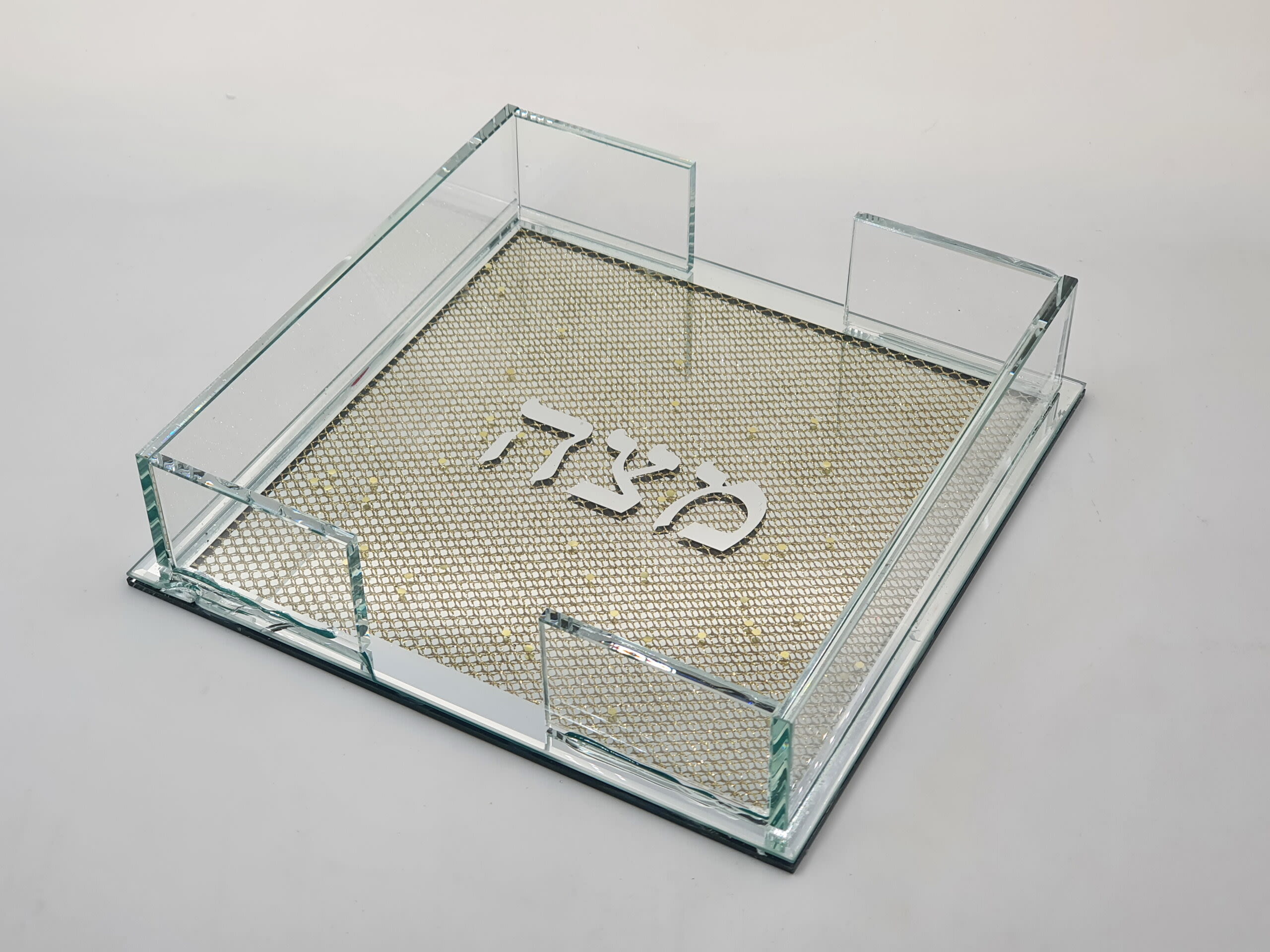
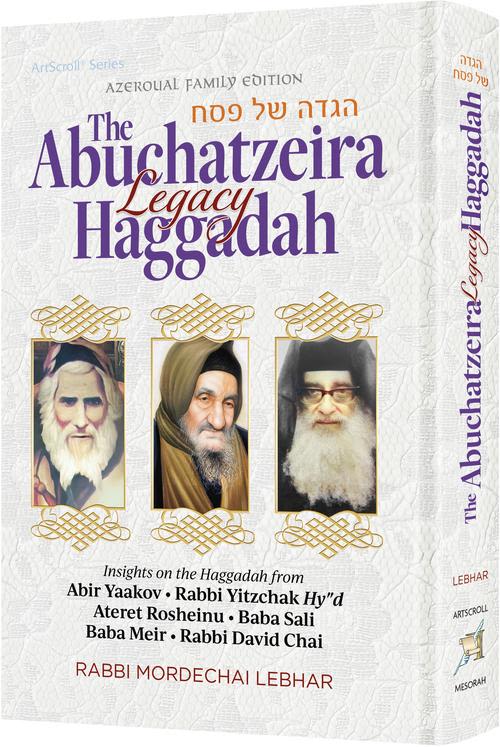
Tell us what you think!
Thank you for your comment!
It will be published after approval by the Editor.